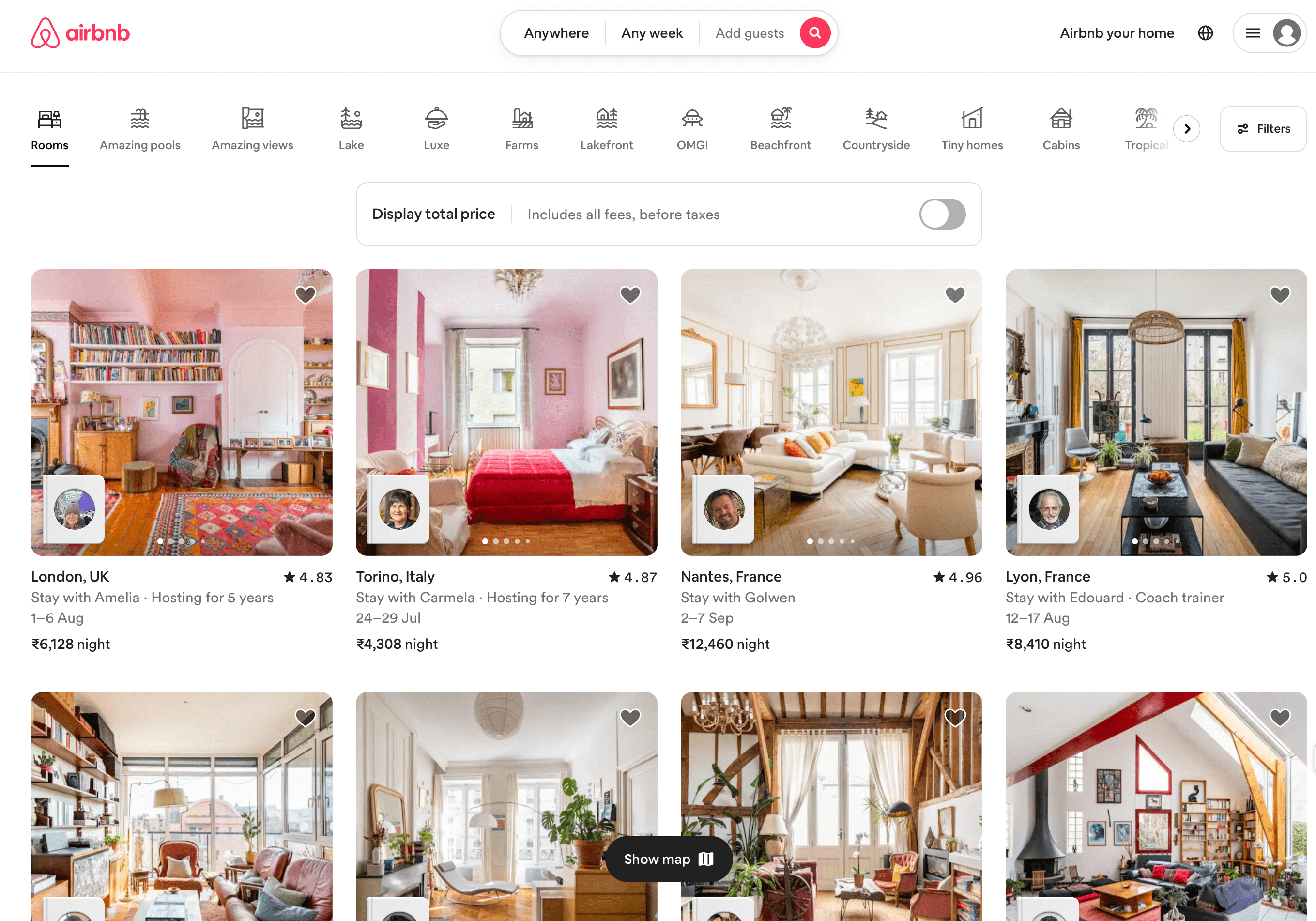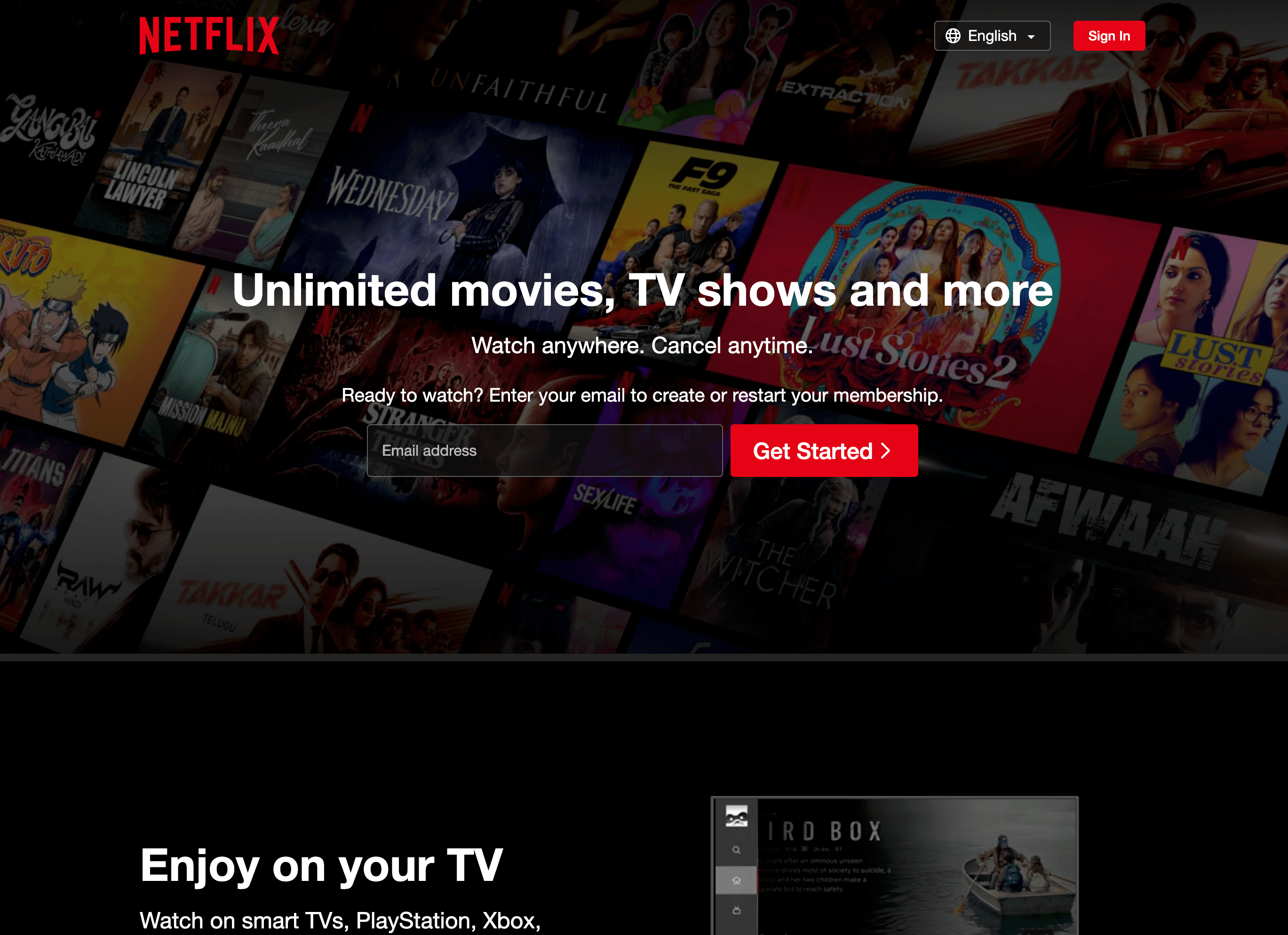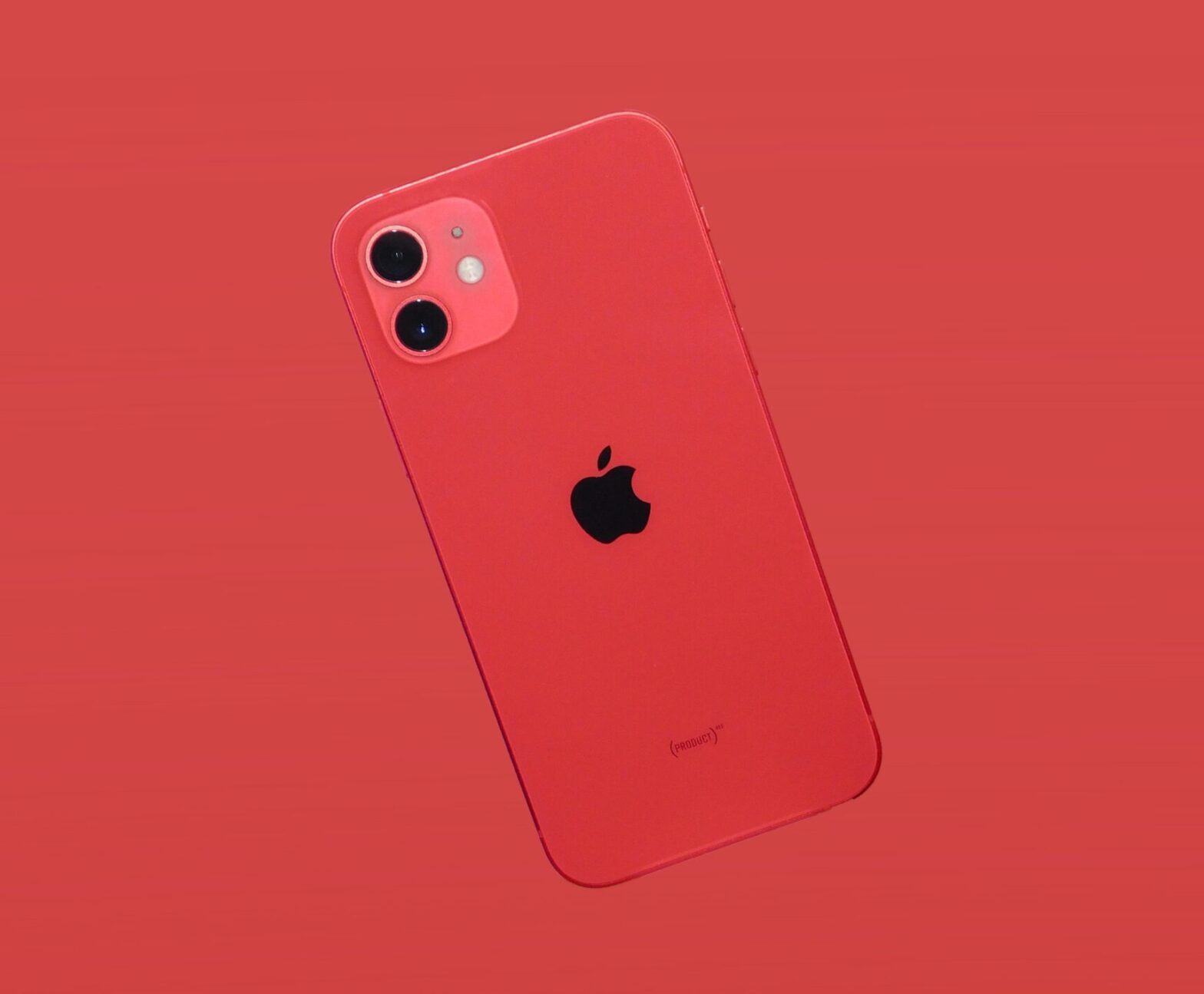Types of Branding
I often think of branding as something similar to farming.
It takes time.
It takes a great amount of hard work. And little bit of luck.
But if you don’t work on it you won’t have anything to reap.
And you will always be dependent on other people who do farming. Getting my point?
Effective branding helps businesses stand out from the noise, build customer loyalty, and create a impactful image in minds of your customers.
This article is part of series on complete understanding on branding
We are going to explore different types of branding and their significance.
Introduction
Branding is how you tell your story: It’s how you share your values and what makes you different. And it is what memories people have of you and for how long.
Branding is how you build trust: It’s how you show people that you’re reliable and that they can count on you.
Branding is how you create a community: It’s how you connect with people who share your interests and values.
No matter how you choose to define it, the goal of branding is to create a positive and memorable impression of your product, service, company, or individual self.
When done well, branding can help you attract new customers, build loyalty with existing customers, and grow your business sustainably.
What is Branding?
Branding involves shaping and influencing people’s perception of a brand. It includes creating a distinct identity and consistent messaging that resonates with the target market.
A well-executed branding strategy communicates the brand’s values, promises, and unique selling proposition (USP), building trust and loyalty among customers.
Importance of Branding
Branding plays a pivotal role in the success of a business. Here are some key reasons why branding is essential:
Building Trust and Credibility
A strong brand inspires confidence and trust among consumers. When a brand consistently delivers on its promises and provides value, it builds a positive reputation and establishes credibility in the market.
Trust is fundamental in fostering a strong bond with customers and encouraging repeat business.
Differentiation
In a crowded marketplace, branding helps businesses stand out from competitors. By establishing a unique identity and value proposition, a brand catches the attention of potential customers.
Differentiation allows businesses to highlight their strengths and communicate why they are the preferred choice in their industry.
Customer Loyalty
Branding cultivates customer loyalty by creating an emotional connection with consumers.
When customers resonate with a brand’s values, story, or purpose, they are more likely to become loyal advocates who support and recommend the brand to others.
Building strong relationships with customers leads to long-term profitability and sustainability.
Types of Branding
Branding can take various forms depending on the target audience, nature of the business, and specific objectives.
Here are some common types of branding:
Product Branding

Product branding focuses on creating a distinct identity and perception for a particular product or line of products.
It involves developing unique names, logos, packaging designs, and marketing messages that differentiate the product from competitors.
Product branding aims to evoke specific emotions and associations in the minds of consumers when they encounter the product.
Examples: CocaCola, Apple & Starbucks
Here is a deep-dive on building effective product branding
Corporate Branding
Corporate branding involves shaping the overall identity and reputation of a company or organization.
It goes beyond individual products or services and focuses on creating a strong, cohesive brand image that encompasses the company’s values, culture, and mission.
Corporate branding helps build trust, establish credibility, and provide a consistent experience across all touchpoints.
Examples: HDFC bank, TATA group & Infosys
Employer Branding

Employer branding is the process of creating a positive and memorable impression of your company as an employer.
It’s how you attract and retain top talent, and it’s how you create a workplace where employees are engaged and productive.
Employer branding is more than just marketing your company to job seekers.
It’s about creating a culture that people want to be a part of, and it’s about communicating your company’s unique value proposition to employees. When done well, employer branding can help you:
- Attract top talent
- Reduce employee turnover
- Increase employee engagement
- Improve employee productivity
- Boost your company’s reputation
Examples: Google, Salesforce & General Electrics
Personal Branding

Personal branding revolves around building a brand identity for individuals, such as professionals, entrepreneurs, influencers, authors, athletes, photographers, coaches etc.
It involves highlighting their unique skills, expertise, and personal qualities to differentiate themselves in their respective fields.
Personal branding aims to position individuals as thought leaders and trusted authorities, enabling them to attract opportunities and build a strong professional network.
Examples: Gary Vaynerchuck, Bill Nye, Tony Robbins, Noah Kagan
Service Branding

Service branding focuses on creating a distinctive identity and reputation for service-oriented businesses.
It involves communicating the unique benefits and value proposition of the services offered. Service branding aims to build trust and credibility, as well as differentiate the business from competitors in a highly competitive service industry.
Examples: Airbnb, Uber & Zomato
Online Branding

In today’s digital age, online branding has gained significant importance.
It encompasses efforts to establish a strong brand presence across various online platforms and channels.
Online branding involves creating engaging website content, using social media marketing, managing online reviews and reputation, and optimizing search engine visibility.
A robust online brand presence helps businesses reach a wider audience and build meaningful connections with their target market.
Examples: Airbnb, Netflix, Lego
Benefits of Each Branding Type
Each type of branding offers unique benefits for businesses.
Product branding enhances visibility and recognition, leading to increased sales and market share.
Corporate branding instills confidence and trust in the overall company, attracting investors, partners, and talented employees.
Personal branding helps individuals establish their professional reputation, enabling them to attract career opportunities and build a strong personal network.
Service branding communicates the value and quality of services, allowing businesses to stand out in a service-oriented industry.
Online branding expands the reach and visibility of a brand, connecting businesses with a global audience and facilitating customer engagement.
We can also use combination of different branding strategy to create better and effective impact.
Branding Strategy to follow for each branding types
To achieve successful branding, businesses should consider the following strategies:
- Conduct thorough market research to understand target audiences and competitors.
- Define a clear brand identity, including brand values, mission, and unique selling proposition (USP).
- Develop a compelling brand story that resonates with the target market.
- Create visually appealing and memorable brand elements, such as logos, colors, and typography.
- Ensure consistent messaging and branding across all communication channels.
- Establish brand guidelines to maintain visual and tonal consistency.
- Build strong relationships with customers through exceptional customer experiences.
- Regularly monitor and evaluate brand performance and make necessary adjustments.
Conclusion
Branding is a powerful tool that enables businesses to establish a unique identity, build trust, and differentiate themselves in the market. By understanding the various types of branding and implementing effective strategies, businesses can create a lasting impact on their target audiences. Whether it’s product branding, corporate branding, personal branding, service branding, or online branding, each type offers distinct benefits and plays a vital role in achieving business success.
FAQs (Frequently Asked Questions)
- How long does it take to build a brand?
- The time required to build a brand depends on various factors, including the industry, target market, branding strategies, and allocated resources. It is an ongoing process that requires consistent effort and adaptation.
- Can small businesses benefit from branding?
- Absolutely! Branding is essential for small businesses as it helps them stand out in a competitive market, build credibility, and create customer loyalty. It allows small businesses to compete with larger competitors on a level playing field.
- Is personal branding only relevant for individuals in creative fields?
- No, personal branding is valuable for professionals in any field. It enables individuals to differentiate themselves, build a professional reputation, and attract career opportunities, regardless of the industry.
- How does online branding impact a business?
- Online branding expands the reach of a business, increases visibility, and allows for direct engagement with customers. It also enables businesses to monitor and manage their online reputation effectively.
- What should I do if my branding efforts are not generating the desired results?
- If your branding efforts are not yielding the desired results, it’s important to evaluate your strategies, conduct market research, and seek feedback from customers. Consider making adjustments to your brand positioning, messaging, or visual elements to better align with your target audience’s preferences and needs.
- What is brand equity?
- The goodwill that a brand has accrued over time, which can be leveraged to command a premium price for its products or services.


1 comment